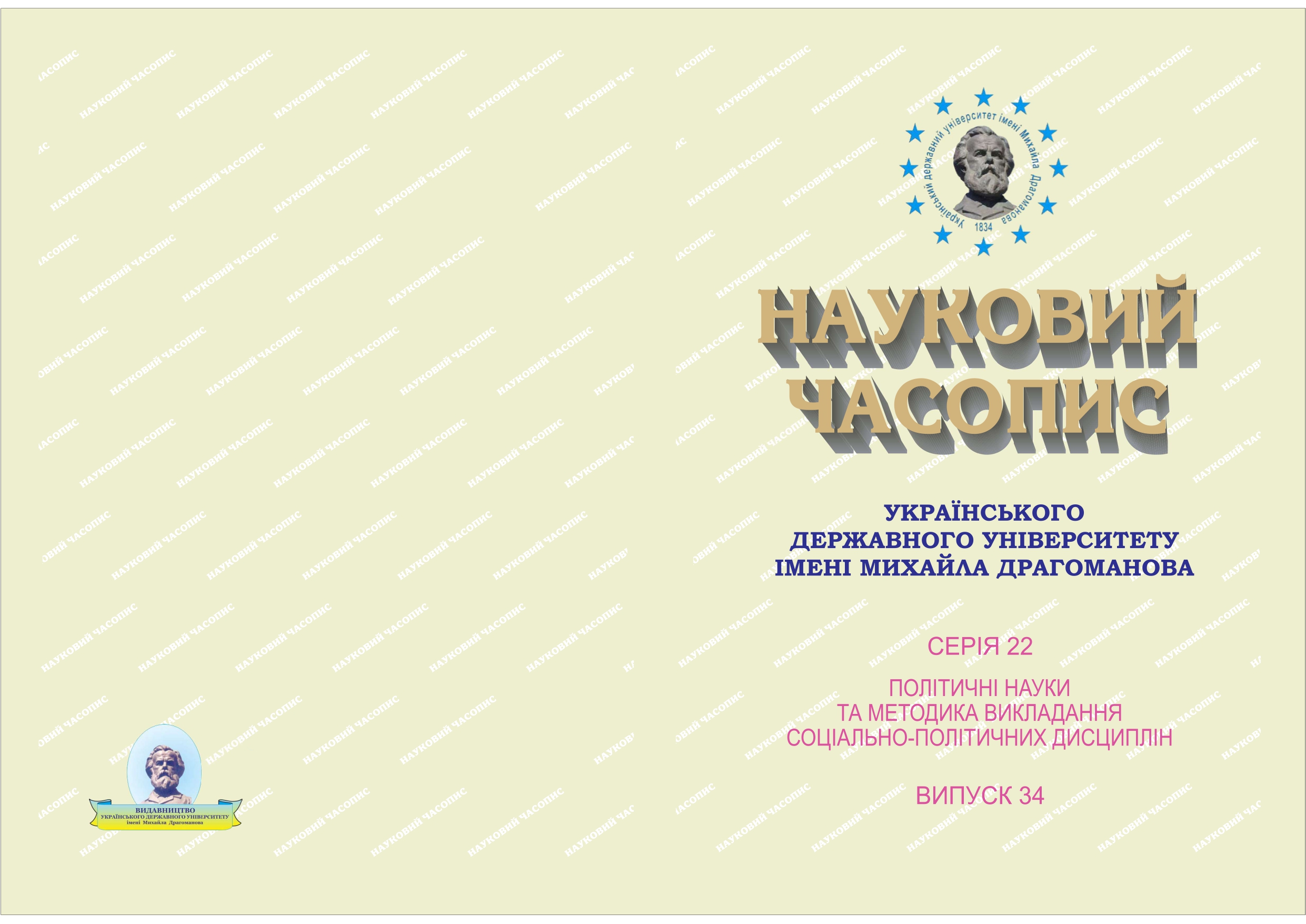The Role of the Civil Society and the Media in Shaping the Political Agenda
DOI:
https://doi.org/10.31392/UDU-nc.series22.2023.34.06Keywords:
громадянське суспільство, права людини, медіатизація політики, політичні інститути, медіаграмотність.Abstract
The article examines the impact of civil society and media on the functioning of states and individual political institutions. Given the processes of active scientific and technological progress, globalization and mediatization of politics, civil society and the media are important instruments of the political process. The purpose of the article is to identify the characteristics and features of the use of media and civil society as modern instruments of political influence. The theoretical and methodological basis of the work is the principles of consistency, dialectic, and objectivity. In the article, the authors analyze the history of the formation of the concept of civil society and the evolution of scientific views on the content of the concept of civil society and its impact on the functioning of the state and its institutions. In particular, the author notes the change in approaches to understanding civil society from its equation with the state in the sixteenth century to its definition as an important representative of social interests in relation to the state. The article also examines the trends of transformation and globalization of civil society through organization into international non-governmental organizations and foundations involved in the processes of democratization and promotion of human rights. The article describes the importance of the media as a tool for conducting the political process, shaping political preferences, coordinating and organizing the political agenda. It is noted that along with serving as an important instrument for the consolidation of society and promoting democratization of the political process, modern media create the grounds and opportunities for mass political manipulation. In particular, through the intermediation of media and social networks, political actors can realize the polarization of views, form intolerance to other points of view and alternative values. As a conclusion, the author notes that the formation of civil society depends on the degree of development of economic and legal relations, the reality of personal and economic freedom of individuals, the effectiveness of the mechanism of public control over state structures, and transparent rules for the functioning of the information sphere.

